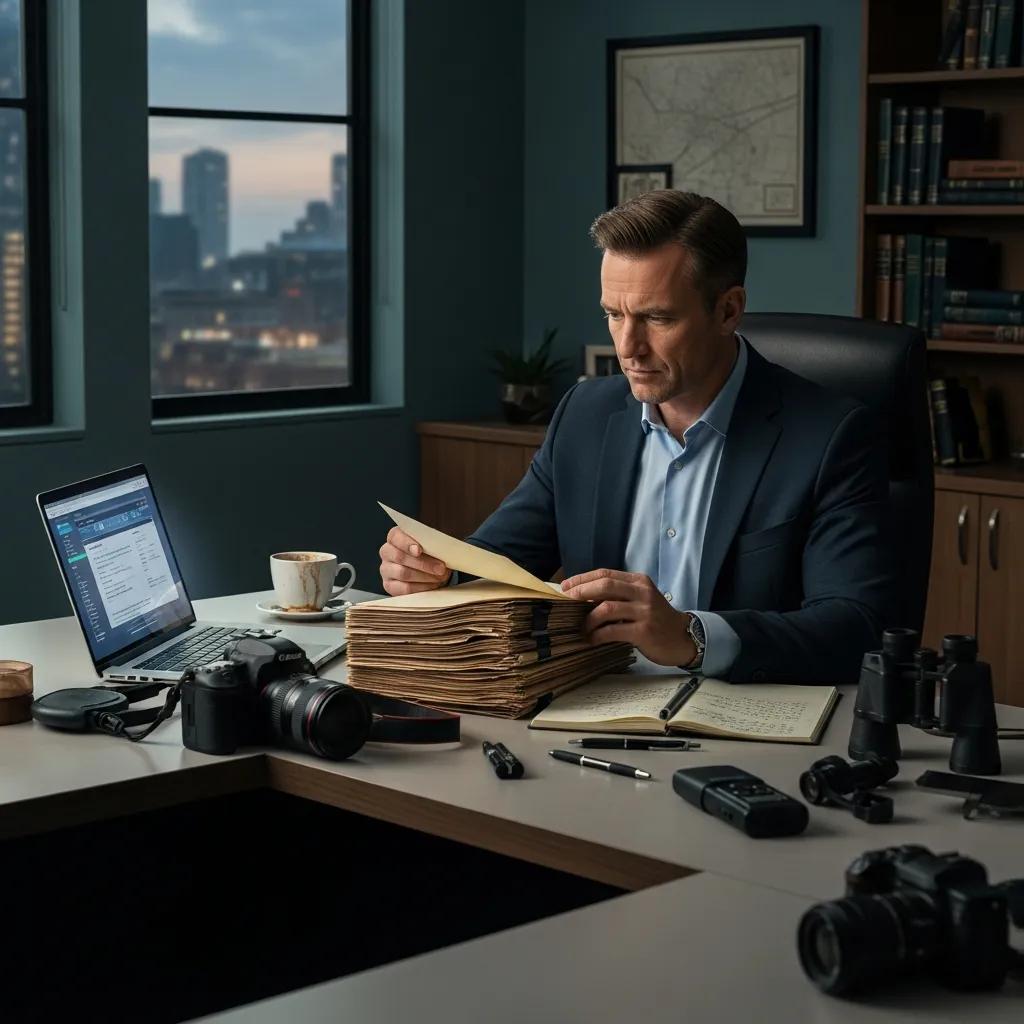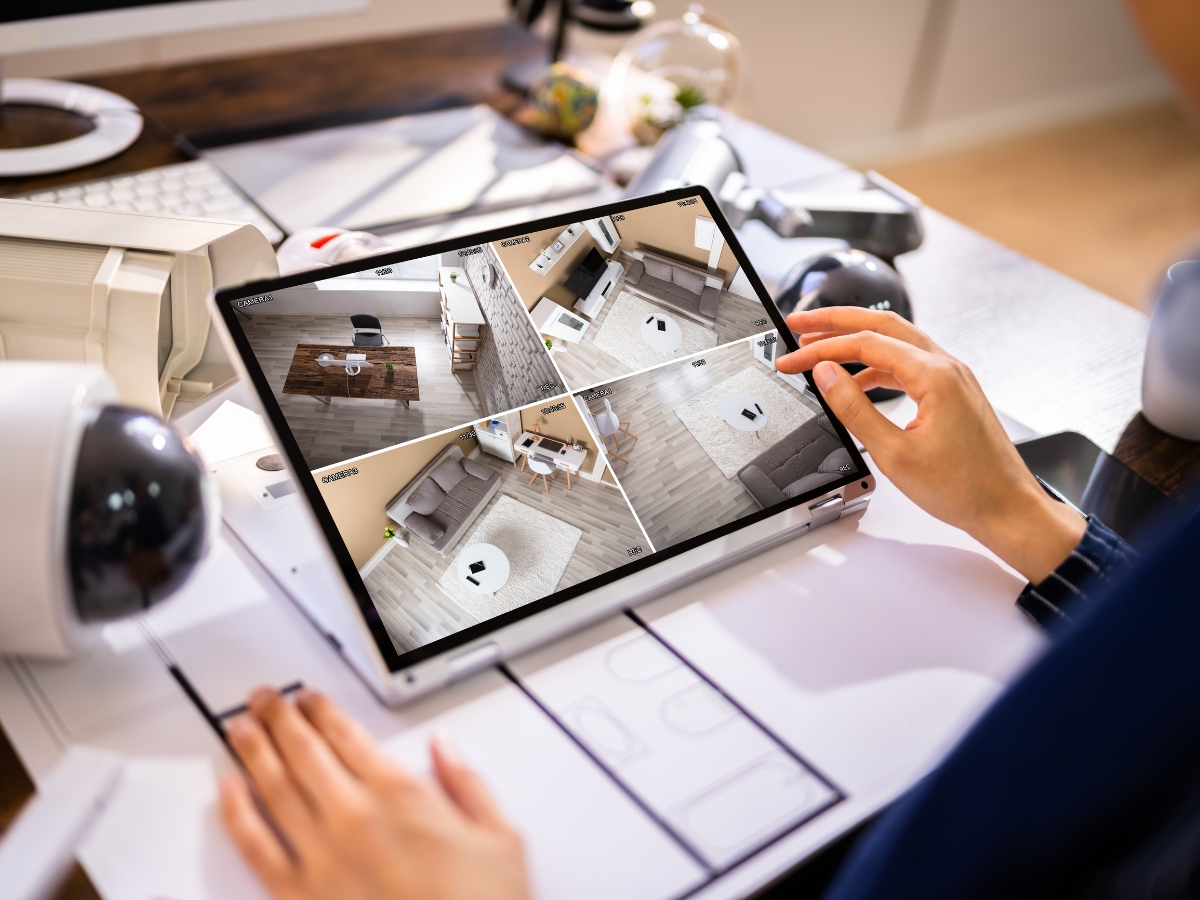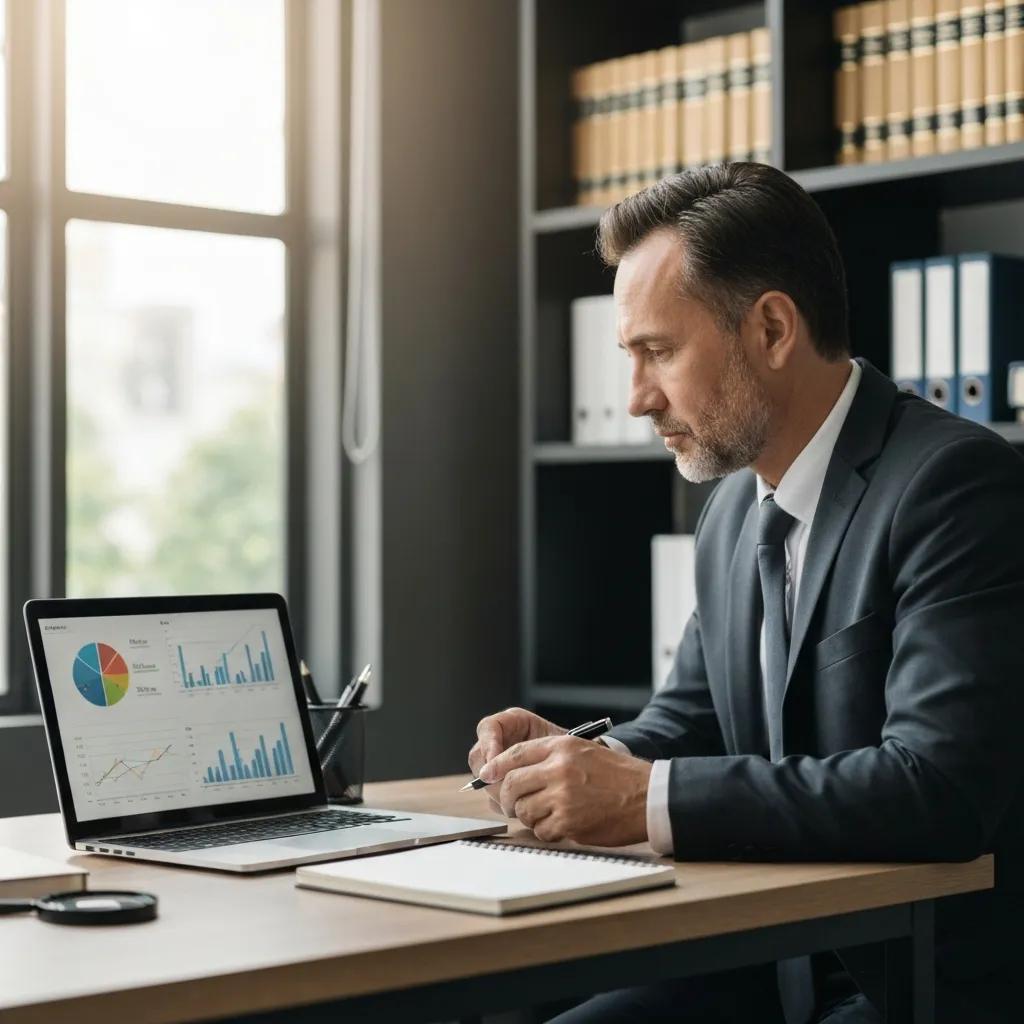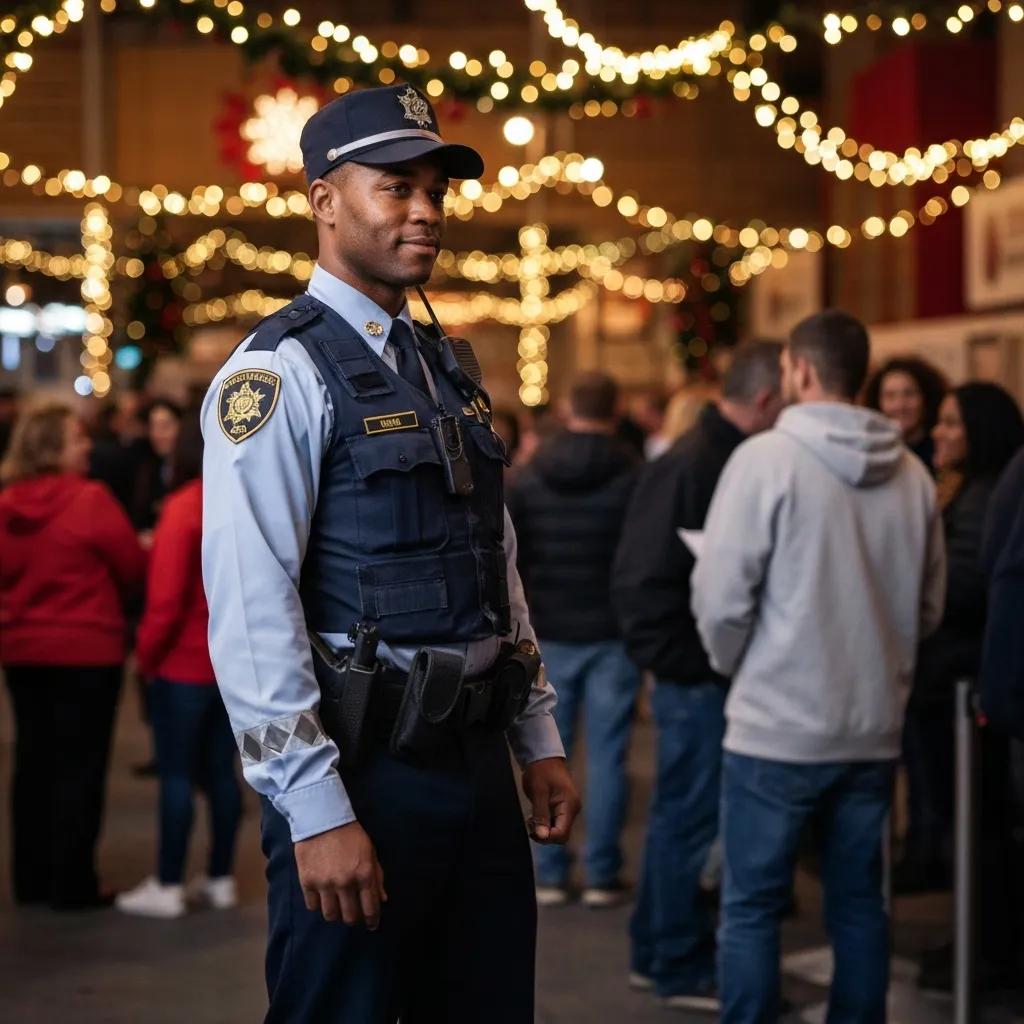In today’s evolving landscape, Georgia businesses face unprecedented challenges. Rising crime, rapid expansion, and sophisticated threats demand more than just a reactive approach; they demand proactive, professional security. Your assets, your employees, and your hard-earned reputation are on the line. This comprehensive guide will uncover why the demand for expert security guards in Georgia is surging, detailing the critical services available, the stringent licensing and training standards, and the undeniable benefits for your business. We’ll also equip you with the knowledge to select the right partner—like 4Horsemen Investigate—ensuring your security posture is not just strong, but impenetrable.
Security Guards in Georgia: A Must-Have for Modern Protection
Why Is the Demand for Security Guards Increasing in Georgia?
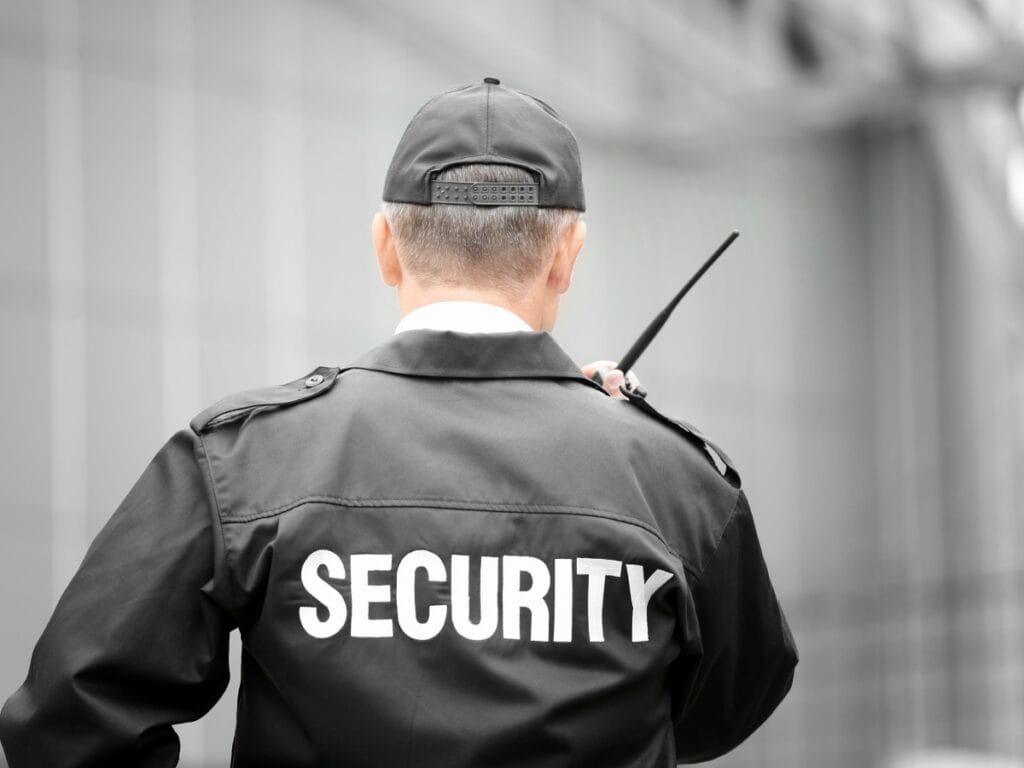
The need for on-site guarding in Georgia has grown significantly as crime patterns evolve, businesses expand into new markets, and customer expectations for safety reach new heights. Professional security officers offer crucial deterrence, rapid incident response, and integrated risk management to meet these shifting demands. Understanding the forces behind this trend highlights vital opportunities for companies to protect their people, property, and reputations.
What Crime Trends Are Driving Business Security Needs in Georgia?
Georgia has witnessed concerning upticks in organized retail theft, workplace violence, and cyber-enabled fraud, impacting businesses of all sizes. Violent crime rates in urban centers rose by 8 percent last year, while property crimes increased by 5 percent statewide. These alarming shifts compel businesses to invest in visible deterrents like uniformed security guards and covert surveillance methods to curb losses and mitigate liability.
Rising Crime Rates in Georgia
Recent data clearly indicates an increase in both violent and property crimes across Georgia, a critical factor fueling the demand for robust security services. These trends necessitate proactive, decisive measures to protect your business and its valuable assets. Emerging threats such as package theft and sophisticated network infiltration further amplify the indispensable role of security professionals. These experts are specifically trained to detect suspicious behavior and secure your digital assets. Such evolving crime patterns underscore the urgent need for business leaders to evaluate and implement comprehensive protection strategies.
How Does Business Growth Influence Security Guard Demand?
Commercial development—from new retail outlets to sprawling mixed-use complexes—creates more access points and transient traffic, which criminals are quick to exploit. As your business expands, you require scalable security solutions capable of covering multiple facilities, events, and shift changes. High-growth sectors such as logistics, hospitality, and healthcare frequently deploy mobile patrols and 24/7 on-site guarding to maintain consistent, unwavering protection across all locations.
Rapid growth also often leads to increased insurance premiums and heightened liability exposure, making proactive risk mitigation through certified security services not just advisable, but essential. These factors collectively drive an ongoing rise in guard deployments throughout Georgia’s economic hubs.
Which Industries in Georgia Are Most Affected by Security Concerns?
- Retail: A prime target for organized shoplifting rings and vandalism.
- Construction: Highly vulnerable to equipment theft and site trespassing.
- Healthcare: Critical for patient safety, medication diversion prevention, and stringent access control.
- Hospitality & Events: Requires expert crowd management, VIP protection, and comprehensive loss prevention.
Industry-Specific Security Concerns
Different industries in Georgia face unique and pressing security challenges. Retail businesses are frequently targeted by shoplifting, while construction sites are highly vulnerable to equipment theft. Healthcare facilities, on the other hand, must meticulously address patient safety and medication security.
This survey provides evidence for the article’s claims about the specific security concerns faced by the retail industry.
These industry-specific vulnerabilities mean that your business must tailor its security programs—ranging from uniformed patrols to executive protection—to its precise operational context and unique risk profile.
How Are New Security Technologies Affecting Demand?
Advances in AI-driven video analytics, biometric access control, and remote monitoring are fundamentally transforming the security guard’s role. They are no longer just a presence, but a technology-enabled partner. Guards now seamlessly integrate sensor data, geofencing alerts, and video-forensic tools to dramatically improve situational awareness and accelerate incident response. This powerful blend of human judgment with digital intelligence raises client expectations and fuels demand for guards proficient in cutting-edge solutions.
As IoT devices proliferate, businesses are actively seeking security providers who offer custom integrations and real-time reporting. This allows them to optimize resource allocation and prevent security lapses before they can escalate into costly incidents.
What Types of Security Guard Services Are Available in Georgia?
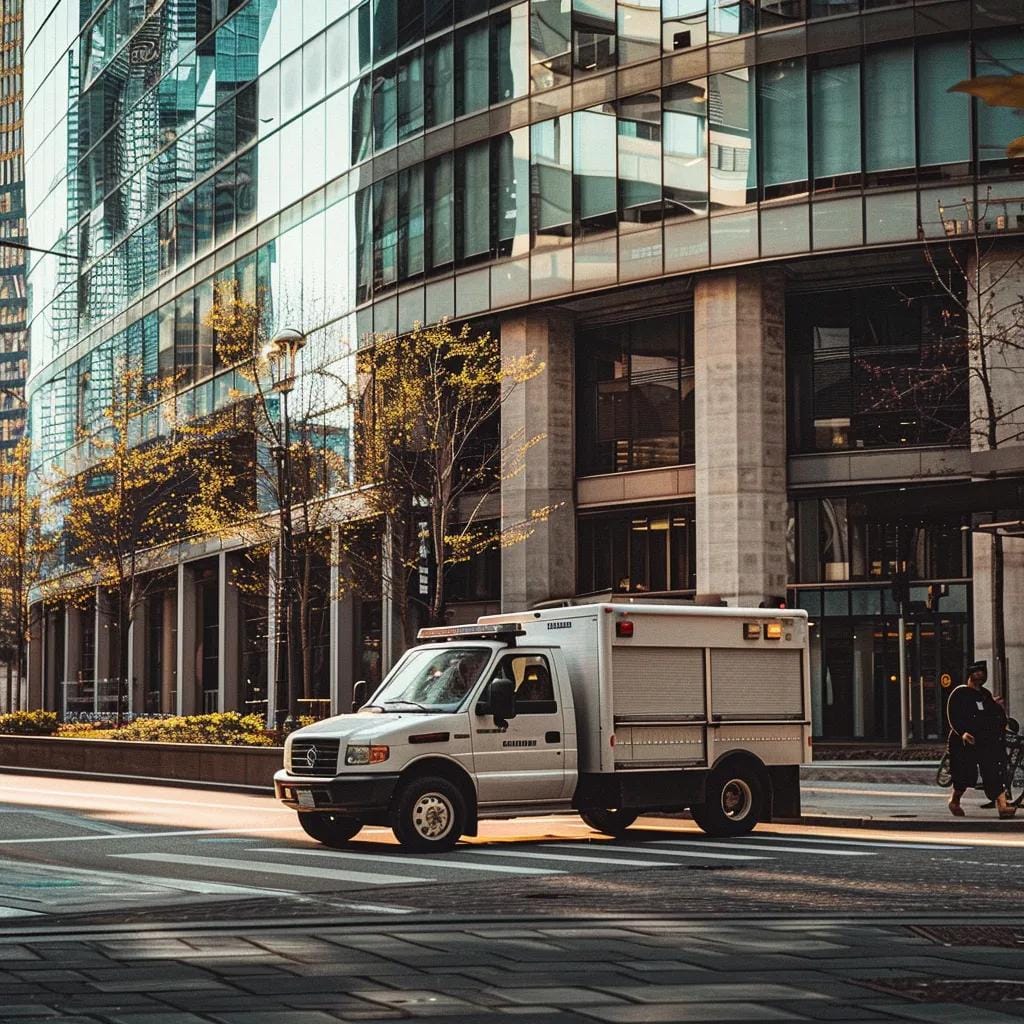
Companies across the state use a mix of guard services to match their risks, hours, and budgets. When comparing security guards in Georgia, the choice usually comes down to how much deterrence you need on site, how large the property is, and what insurance or regulatory rules apply. The Georgia Board of Private Detective and Security Agencies regulates licensing and training, so reputable providers design their programs to meet those standards.
What Are the Differences Between Armed and Unarmed Security Guards in Georgia?
Armed guards carry firearms, maintain a valid Weapons Carry License, and train to respond to higher-risk situations. They are common at cash-heavy sites, sensitive infrastructure, and facilities with a documented threat profile. Unarmed officers focus on access control, patrols, incident reporting, and customer service. Their core skill set is observation and de-escalation, which works well in offices, retail, and residential communities. Many properties use a blended model, placing unarmed personnel at public entries and armed coverage in restricted zones or late-night shifts.
How Do Mobile Patrol and Fire Watch Services Support Business Protection?
Mobile patrols extend coverage beyond a single lobby or gate. Marked vehicles perform randomized passes, check doors and lighting, verify alarm conditions, and document issues with GPS time stamps. This pattern interrupts predictable gaps that intruders look for. Fire watch is different and is often required when a sprinkler or alarm system is down or during hot work. Trained officers walk assigned routes, watch for ignition hazards, confirm extinguisher access, and keep a detailed log for the local fire marshal. Both services complement static posts by covering wide areas and responding quickly when something changes.
When Is Executive Protection Necessary for Georgia Businesses?
Executive protection is appropriate when a leader or guest faces a specific threat, draws public attention, or is moving between multiple venues on a tight schedule. Agents plan routes, coordinate with venues, manage vehicles and secure entrances, and stand close enough to react without disrupting normal activity. For product launches, contentious negotiations, or public appearances, this layer reduces personal risk and keeps events on time.
How Do Security Guards Integrate Surveillance and Access Control?
Modern guard programs tie people, cameras, and credentials together. Officers monitor video walls, verify badges, manage visitor check-ins, and escalate anomalies to management or law enforcement. Clear post orders tell guards which doors to lock at set times, how to respond to forced-door alerts, and how to preserve video for investigations. The result is real-time awareness and a clean audit trail.
What Types of Security Guard Services Work Best Together in Georgia?
Choosing protection for a site in Georgia is rarely one decision. It is a set of choices that should match your risks, your budget, and how people actually use the space. When you look at security guards in Georgia this way, the service mix starts to make sense and the whole plan reads as one story instead of a menu of options.
Start with the baseline. Unarmed officers anchor most day-to-day programs because they handle the work that never stops: watching cameras, greeting visitors, checking badges, writing reports, and cooling down tense moments with clear communication. They are the steady presence that keeps a building moving. When the threat profile climbs, armed officers add a visible layer of deterrence and a faster response to higher-risk situations. In Georgia, that means properly credentialed personnel who hold a Weapons Carry License and meet the standards set by the Georgia Board of Private Detective and Security Agencies. Put simply, use unarmed for routine control and service, then scale to armed where cash handling, late-night operations, or recent incidents justify it.
Large footprints need a different tool. Mobile patrols use marked vehicles, GPS-verified routes, and varied pass times to stretch coverage across lots, campuses, and industrial yards. A quick swing by a loading dock after hours or a door check on a quiet side street can stop a small problem from becoming a big one. Mobile units also back up fixed posts, which shortens response time when an alarm trips.
Some risks are temporary but serious. Fire watch fills the gap when a fire panel is down, sprinklers are offline, or hot work is underway. Trained officers make continuous rounds, document conditions, and keep exits and extinguishers clear. Those logs matter to code officials and insurers, and the routine itself reduces chance events like a spark turning into a shutdown.
There are also moments when the risk is not to a place, but to a person. Executive protection focuses on individuals who attract attention, whether that is a visiting executive, a founder at a product launch, or a dignitary at a donor event. The work happens before the car door opens: route planning, site advances, coordination with venue staff, and quiet adjustments when a schedule changes. On the ground, close-protection tactics keep movement smooth and low profile while maintaining clear escape routes.
None of this works in isolation. Guards should sit at the same table as facilities and IT, so cameras, card readers, and alarms support the human plan. Officers who know the camera views can spot patterns faster. Tight visitor management and clean access lists cut tailgating and create an audit trail when you need answers. Good documentation makes investigations faster and compliance easier.
What Are the Licensing and Training Requirements for Security Guards in Georgia?
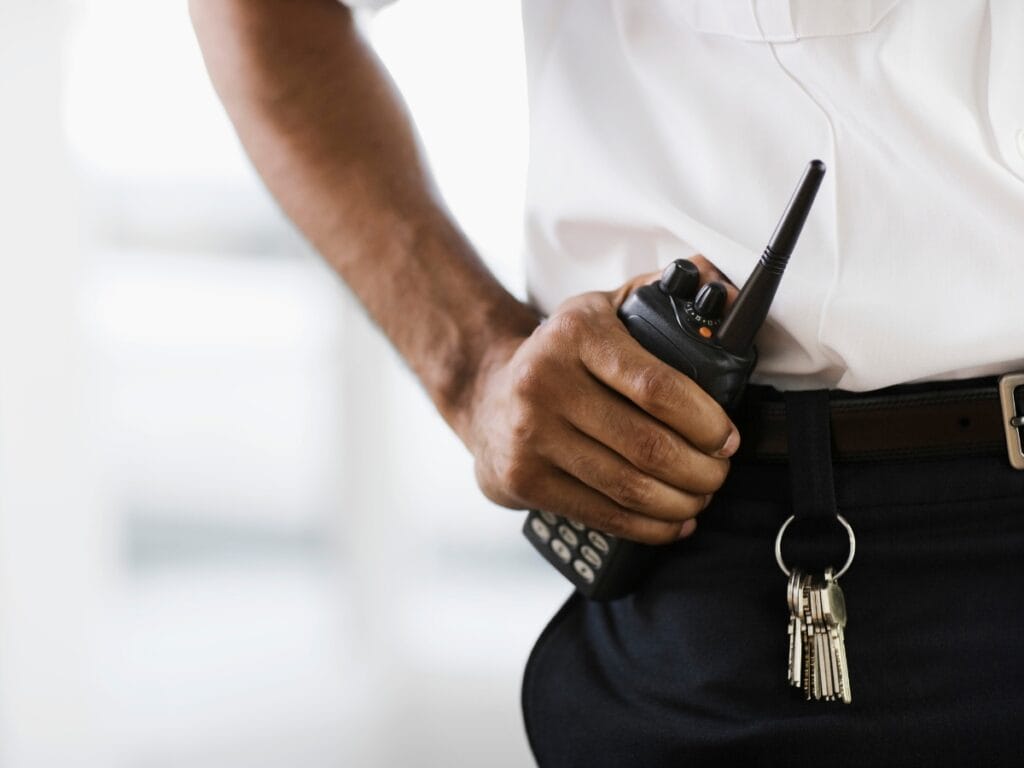
Georgia’s stringent regulatory framework ensures that all security personnel meet rigorous standards for competency, thorough background screening, and continuous education. These vital rules protect clients and meticulously maintain professional integrity across the entire industry.
How Does the Georgia Board of Private Detective and Security Agencies Regulate Licensing?
The GBPDSA is the authoritative body that issues licenses, approves comprehensive training curricula, and conducts exhaustive background investigations. It rigorously enforces rules on age, education, criminal history, and financial responsibility, requiring all guards to register and renew their credentials every two years. Through meticulous audits and inspections, the board steadfastly safeguards compliance and public safety.
What Are the Training Requirements for Unarmed Security Guards?
Unarmed guards must complete a state-approved 24-hour course covering essential legal authorities, emergency response protocols, critical communication skills, and precise observation techniques. The curriculum includes hands-on drills, realistic scenario training, and basic first-aid, ensuring guards can accurately identify risks and report incidents according to the highest industry best practices.
What Additional Training Is Required for Armed Security Guards?
Armed officers undergo the standard 24-hour unarmed curriculum plus an intensive 16-hour firearms course, meticulously qualified by a GBPDSA-certified instructor. They must demonstrate exceptional proficiency in weapon handling, strict adherence to use-of-force guidelines, and successful range qualification to secure a Weapons Carry License. Ongoing firearms recertification every two years is mandatory to maintain peak skill levels and ensure unwavering legal compliance.
How Can Businesses Verify Security Guard Credentials in Georgia?
As a business, you should always request copies of guard licenses, training certificates, and comprehensive background check clearances. Verifying their status on the GBPDSA online registry confirms active licensing and compliance. Partnering with accredited firms—such as 4Horsemen Investigate—ensures that all guards are thoroughly vetted, fully insured, and completely compliant with all state regulations, providing you with unparalleled peace of mind.
| Entity | Attribute | Value |
|---|---|---|
| Unarmed Security Training | Duration | 24 hours |
| Armed Security Additional Training | Firearms instruction hours | 16 hours |
| Licensing Authority | Regulator | Georgia Board of Private Detective and Security Agencies |
| License Renewal | Interval | Every two years |
| Credential Verification | Method | GBPDSA online registry |
This licensing overview clarifies the essential steps businesses must follow to ensure guard credentials meet Georgia’s rigorous standards.
How Do Security Guards Benefit Businesses in Georgia?
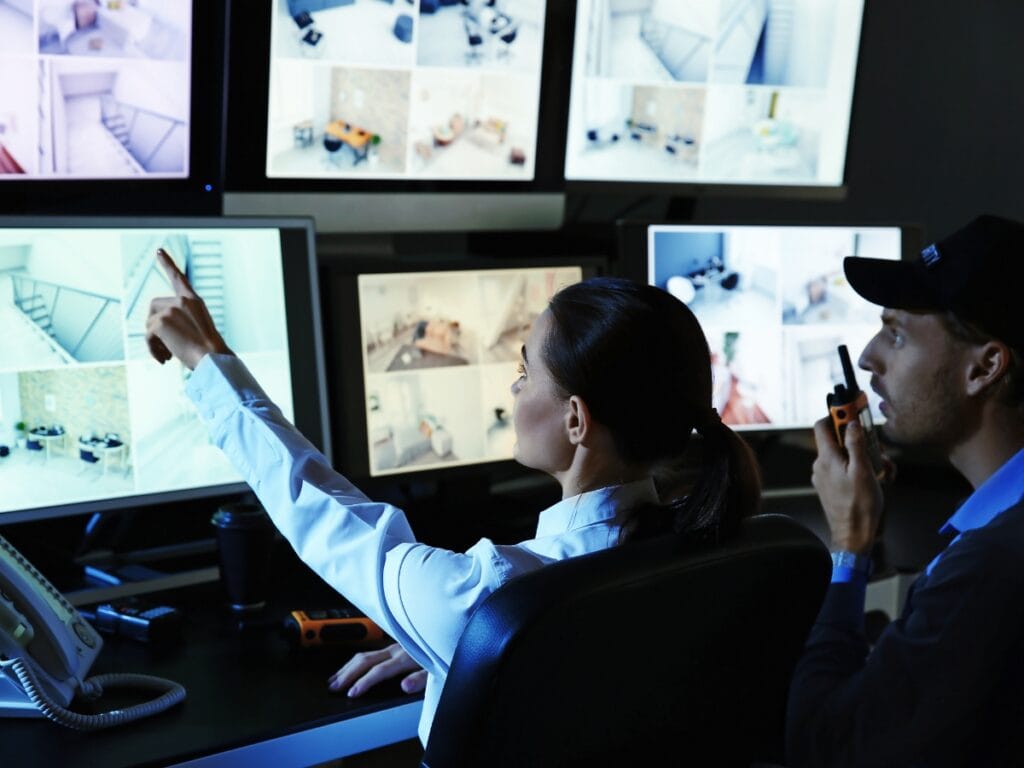
Professional guards do more than stand at a door. They reduce risk, document what happens on site, and keep daily operations moving. For many companies, that steady presence is the difference between a routine day and an avoidable incident. When you hire security guards in Georgia, you also gain local know-how about state licensing, property rules, and common threats across different industries.
What Are The Key Benefits Of Hiring Professional Security Guards?
The first benefit is simple peace of mind. Employees focus better when they know trained people are watching entrances, patrolling lots, and responding to alarms. The second is asset protection. A visible uniform, consistent patrols, and tight access control lower opportunities for theft and damage. The third is liability control. Guards record incidents, preserve video, and follow clear escalation steps, which helps with insurance claims and reduces legal exposure. These gains show up in fewer disruptions, cleaner audits, and steadier productivity.
How Do Security Guards Help Reduce Theft And Vandalism?
Effective programs combine presence with pattern detection. Guards vary patrol routes, check blind spots, and review camera feeds during known high-risk times. They coordinate with managers to adjust lighting and lock schedules, then verify those changes in the field. In a retail example, adding uniformed officers at entrances, shifting patrols to stockrooms, and tightening returns procedures cut shoplifting about 30 percent within 6 months. The same approach applies to warehouses, offices, and construction sites, where small fixes and steady enforcement prevent repeat loss.
In What Ways Do Security Guards Enhance Employee And Customer Safety?
Trained officers enforce basic rules that prevent injuries, such as keeping exits clear and stopping unsafe shortcuts. They guide evacuations, assist with crowd flow during events, and provide first aid until medical teams arrive. Many carry CPR and AED certifications and use plain communication to calm tense situations. The result is a workplace that feels orderly and predictable. Visitors get directions, contractors are checked in and escorted, and late-night staff have a safe walk to their cars.
How Does Customized Security Planning Improve Business Protection?
Every site has different pressure points. A short assessment maps those risks and turns them into a clear plan. That plan sets post orders, patrol paths, and alarm responses, and it defines when to involve management or law enforcement. It also shows how guards and technology support each other. Officers who understand camera coverage catch patterns faster. Clean badge lists and visitor logs reduce tailgating. Accurate, time-stamped reports make investigations faster and training more targeted.
How Should Georgia Businesses Measure Guard Program Results?
Track a few metrics and review them each month. Incident counts, false alarm rates, and response times show whether the plan is working. Loss data, such as shrink by department or tools missing from specific bays, highlights where to adjust coverage. Safety numbers, including slips, falls, and after-hours escorts, reveal whether people feel protected. Pair those figures with supervisor audits and camera spot checks. Over time, you should see fewer repeat problems, better compliance, and lower indirect costs like overtime from disruption.
What Sets Strong Security Guards in Georgia Apart?
Look for clear licensing, solid training in de-escalation and report writing, and supervisors who visit the site, not just a call center. Expect consistent staffing, neat uniforms, and reports that match what cameras show. Most of all, expect a team that listens, adapts to your operation, and explains why each change matters. That is how a guard program moves from basic coverage to real risk reduction for Georgia businesses.
How Can Businesses Choose the Right Security Guards in Georgia?
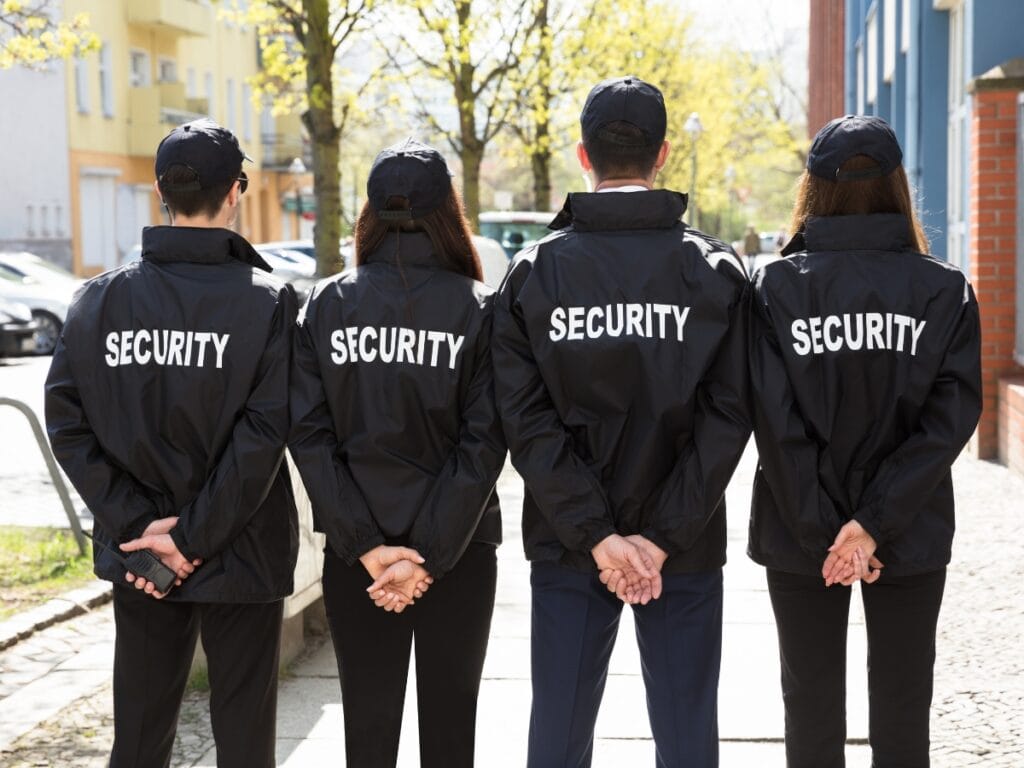
Picking security guards in Georgis is part compliance check, part field test. You want a team that knows state rules, understands your industry, and shows up fast when it counts. Start with the basics: verify licensing with the Georgia Board of Private Detective and Security Agencies, confirm active insurance and bonding, and review written post orders. From there, ask for a site walk so the provider can map entrances, blind spots, and peak traffic. The best fit will translate that walk-through into a clear staffing plan, not a one-size-fits-all pitch. If you are comparing security guards in Georgia, this approach keeps the focus on results, not buzzwords.
What Factors Should Businesses Consider When Hiring Security Guards in Georgia?
Credentials matter first. Providers should be fully licensed in Georgia and able to document background checks and drug screening. Next, look for experience that matches your risk profile. Retail, healthcare, construction, and corporate campuses all demand different post orders and escalation paths. Technology is another key area. Guards who use modern incident reporting, GPS-verified patrols, and integrated CCTV reviews deliver cleaner records and faster investigations. Finally, make sure liability coverage is sufficient for your site and any higher-risk posts.
Which Georgia Cities Offer Specialized Local Security Guard Services?
Large markets such as Atlanta, Savannah, Augusta, Macon, and Columbus support providers with deep local knowledge. That means familiarity with neighborhood crime trends, special event calendars, permitting rules, and building access policies. In midtown Atlanta, for example, guards who know daily delivery patterns and garage choke points can reduce tailgating. In coastal districts around Savannah, officers trained on hurricane procedures and flood routes add real value. Local context helps teams prevent issues instead of only reacting to them.
How Important Is 24/7 Availability and Rapid Deployment?
Round-the-clock coverage is non-negotiable if you rely on alarm response, after-hours access control, or executive movements that change with little notice. Ask where the dispatch center is located, how calls are triaged, and how supervisors verify arrival times. Many incidents are contained when a patrol arrives in under 30 minutes. That requires nearby staffing, GPS-tracked vehicles, and supervisors who can reassign units without waiting for the next shift.
What Questions Should Businesses Ask Security Companies Before Contracting?
Start with people and training. How are guards screened, and how often is training refreshed on topics like de-escalation, report writing, CPR, and AED use? Move to operations. What does a standard incident report include? How are videos referenced? Who receives notifications by time of day? Ask about flexibility. Can staffing scale for projects, outages, or special events, and what is the lead time to add posts? Clarify quality control. How often do supervisors audit posts, and how are deficiencies corrected?
How Do You Compare Security Guards in Georgia Objectively?
Put scope and metrics in writing. Define hours, posts, and duties, along with response time targets, patrol frequency, and reporting deadlines. Request sample reports and a live demo of the patrol app. Call current clients in your industry and region. A short pilot at one entrance or shift can confirm punctuality, professionalism, and record accuracy before a full rollout.
What Are Industry-Specific Security Solutions for Georgia Businesses?
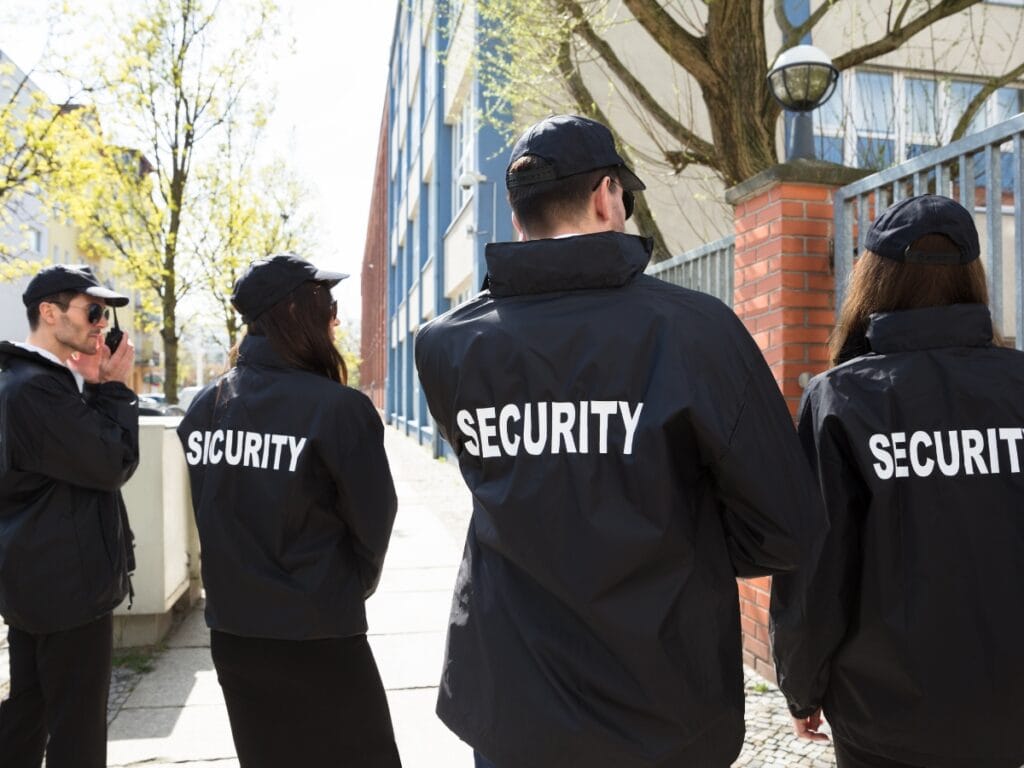
Different sectors demand highly tailored protection strategies that meticulously address their unique operational and regulatory challenges.
How Is Retail Security Guard Service Tailored for Georgia Businesses?
Retail security seamlessly integrates loss-prevention specialists expertly trained to spot sophisticated shoplifting techniques, efficiently manage queues, and liaise effectively with law enforcement. Officers conduct periodic merchandise audits, skillfully channel crowd flows during peak hours, and utilize plain-clothes surveillance to detect both internal and external threats with precision.
What Security Measures Are Essential for Construction Sites in Georgia?
Construction sites rely heavily on robust perimeter fencing, motion-activated lighting, and vigilant mobile patrols to prevent costly equipment theft and unauthorized trespassing. Guards meticulously inspect entry points, rigorously enforce hard-hat zones, and coordinate closely with site managers on safety compliance and permit verifications.
How Do Corporate and Healthcare Security Services Differ?
Corporate security prioritizes stringent access control, discreet executive escorts, and crucial cybersecurity liaison roles, while healthcare security places paramount emphasis on patient safety, secure medication storage, and expert mental-health crisis intervention. Each protocol is meticulously aligned with industry-specific regulations such as HIPAA and OSHA standards.
What Are the Best Practices for Residential Security in Georgia?
Residential security combines proactive roving patrols, rapid alarm response, and strong neighborhood watch partnerships. Guards perform thorough property checks, meticulously manage visitor access, and liaise effectively with community associations to address quality-of-life concerns like noise complaints or unauthorized vendors.
Where Can Businesses Find Local Security Guards in Georgia?
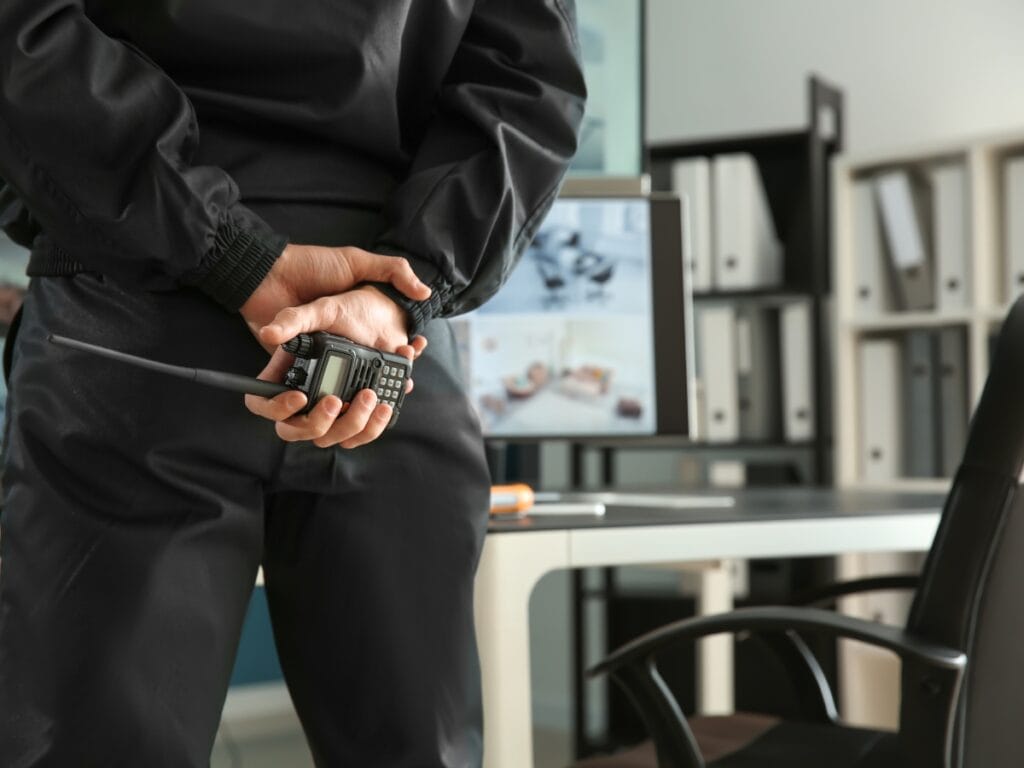
Georgia businesses can leverage invaluable regional expertise and established networks by partnering with providers who deeply understand and serve specific metropolitan and rural areas.
What Security Guard Services Are Available in Atlanta?
Atlanta offers a full spectrum of advanced services—including armed escort, comprehensive corporate security consulting, and elite event protection—through providers with extensive airport access experience and downtown high-rise credentials. Local teams possess an intimate understanding of MARTA public transit risks and complex urban crime dynamics.
How Is Security Guard Demand Growing in Savannah and Augusta?
In Savannah, tourism-driven retail and bustling port operations drive a significant need for specialized fire watch and mobile patrol services. Augusta’s prominent medical centers and vital municipal facilities actively seek 24-hour static guarding and executive protection. Both cities report a consistent 12 percent annual increase in guard deployments, underscoring the growing demand.
What Are the Security Options in Macon and Columbus?
Macon’s manufacturing sites and Columbus’s critical military installations require robust perimeter patrols, secure access checkpoints, and rapid alarm response teams. Regional vendors provide granular knowledge of industrial parks and defense-adjacent security protocols, ensuring specialized protection.
How Do Local Security Needs Vary Across Georgia’s Business Districts?
Urban centers demand high-visibility deterrence and seamless technology integrations, while suburban and rural areas favor agile mobile patrols and proactive neighborhood outreach. Coastal regions place a greater emphasis on specialized maritime security and vigilant fire watch services, directly reflecting climate-related risks and intense port activity.
4Horsemen Investigate combines state-certified training, advanced surveillance tools, and unparalleled local intelligence to deliver customized security guard services across Georgia’s diverse business landscapes. We understand the unique challenges you face.
Secure your assets, protect your people, and safeguard your reputation by partnering with the experts who truly understand Georgia’s unique security challenges. Contact 4Horsemen Investigate today to request a tailored security assessment and receive a comprehensive quote. Empower your business with the protection it deserves.
Conclusion
As security threats evolve across Georgia, businesses are increasingly turning to professional protection services to safeguard their assets, employees, and customers. At 4Horsemen Investigation & Security, we provide highly trained security personnel tailored to your specific needs—whether for retail, corporate, or event security. Get a consultation today or give us a call at 404-680-0860 to discuss customized security solutions that keep your business protected around the clock.
